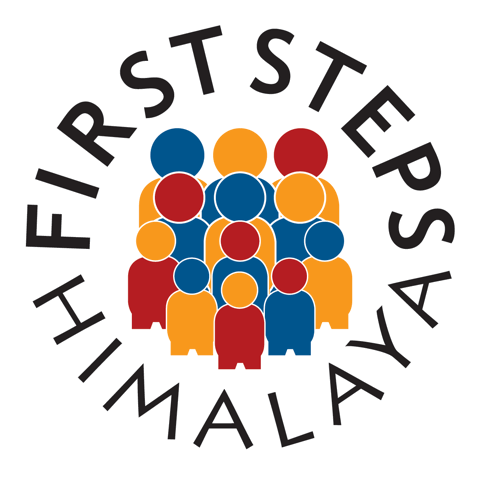Back to School finally
After 8 months at home, schools are slowly reopening across rural Nepal. For many children, this will be the first time they have learnt anything for eight months. Whilst children in more developed countries have adapted to learning online and have lessons delivered to a device, most children in rural Nepal have had no form of teaching at all since March!
Back in the classroom: Young children from the village of Sangachok finally return to their Early Learning Centre after 8 months at home.
Re-establishing Routines
Our Project Manager in Nepal, Ranjana Giri says that she was shocked on the first day back to see that the children seemed to have forgotten everything that they had learnt including their manners.
‘It was like starting all over again with most of them’ she said. Many of the children are experiencing feelings of intense fear and dread. Younger children are less likely to fully understand news reports and this can cause a sense of panic.
Socialising at a distance: Circle time is an important way for children and their teacher to reconnect with each other after so many months apart.
It is really important to get these young children back into a sense of routine and understanding of how to be resilient. This includes fun hand washing songs, social distance games and learning about healthy food.
New rules for a new normal
First Steps Himalaya has developed strict protocols for opening our early childhood centres in rural Nepal, combined with the Nepal Government school reopening advice. These new rules and routines are in place to reduce risk to staff, children and their families. Most of us now are familiar with these measures, such as social distancing where possible, wearing masks and staying home if unwell.
Hand hygiene without running water: Many rural Nepali schools must rely of water canisters for hand washing. Clean hands are a fundamental part of keeping our teachers and young students safe.
While Nepal battles on with suppressing Covid-19 in the community, we are so pleased and excited to be able to offer our young students a safe and nourishing place to learn and play.
Social distancing at play: Only learning materials that can be washed or cleaned easily are available in the classroom for one child each day. This avoids multiple sets of hands touching the same materials.
If you would like to find out more about the work First Steps Himalaya does in rural Nepal, improving teaching and classrooms, or to support our work, click here.




























